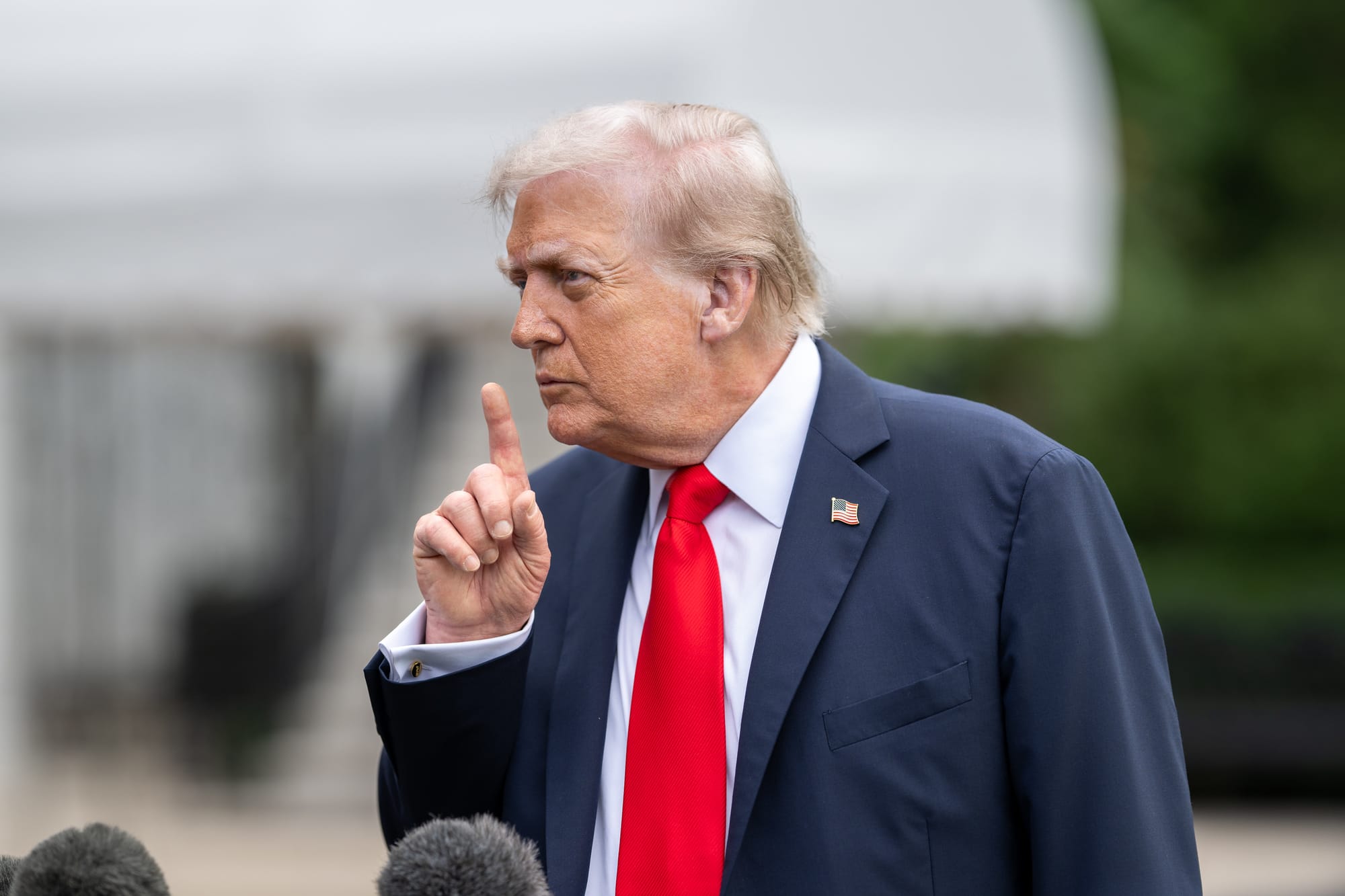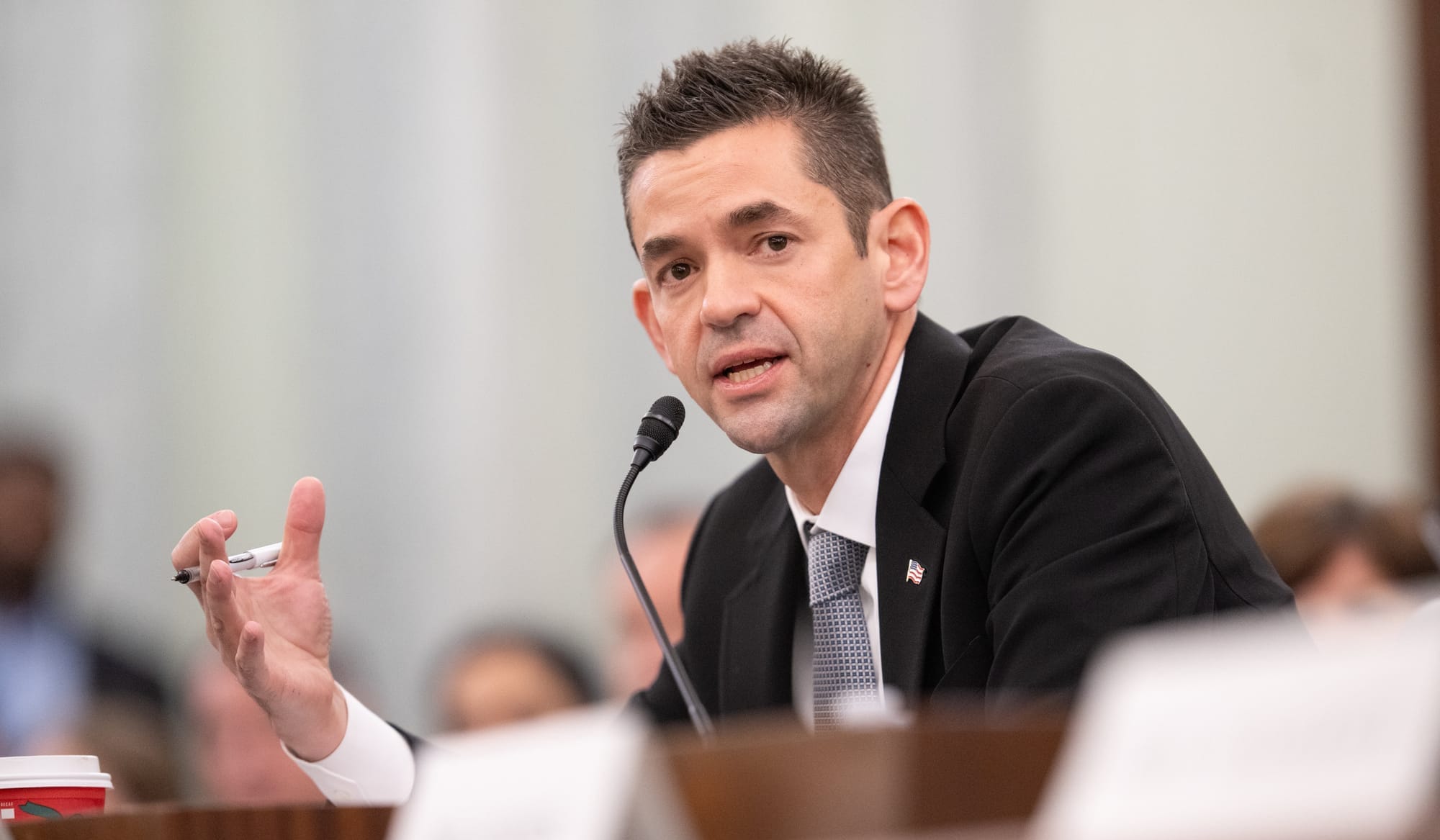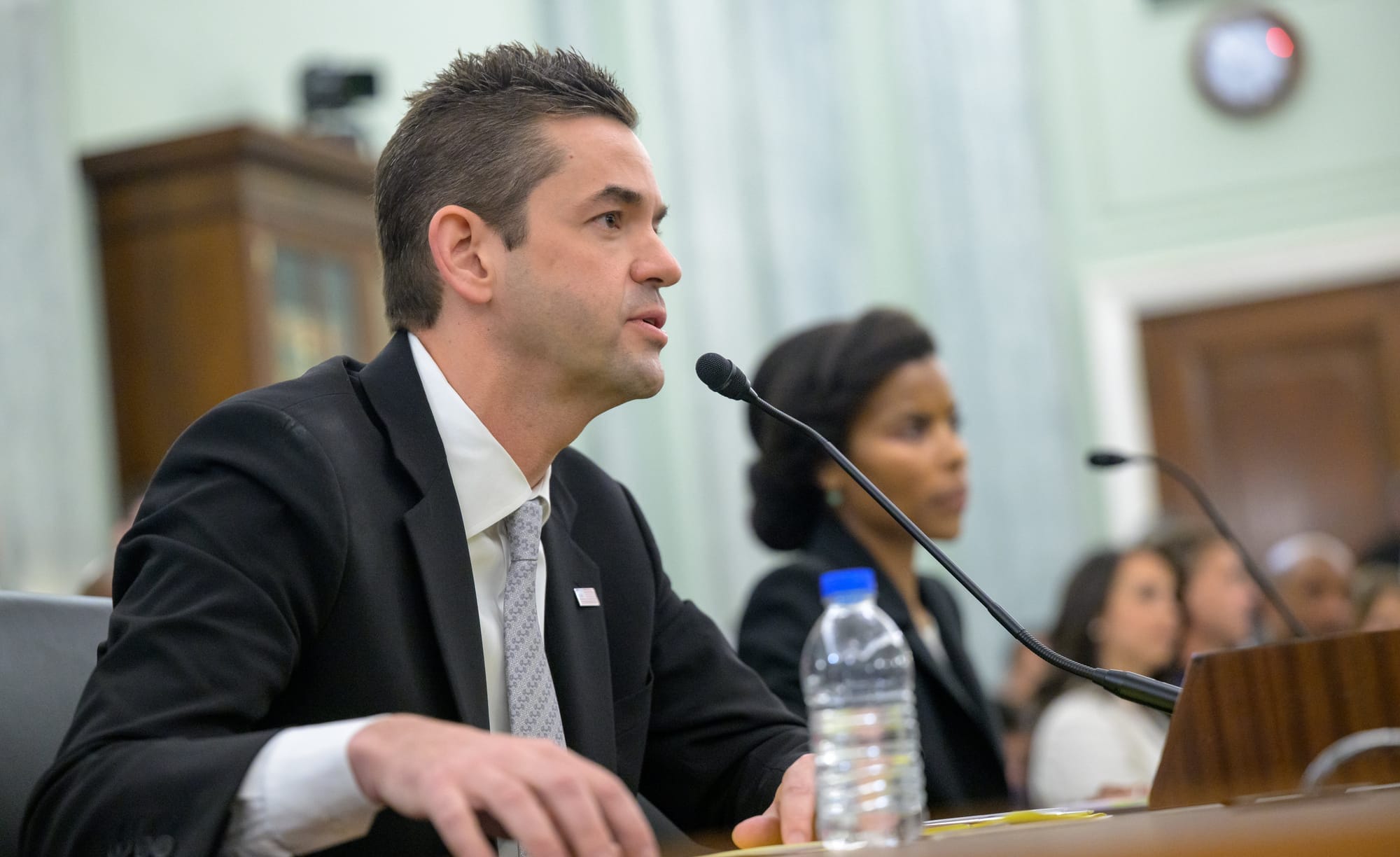Table of Contents
President Donald Trump wants to cut NASA activities; a new report details how much damage that would do to the agency and America.
The U.S. Senate's Committee on Science, Space and Technology released a report on September 29th from its Ranking Member Zoe Lofgren (Democrat, California). Lofgren's report, leaning on whistleblower testimony and leaked documents, outlines the Trump White House's Office of Management and Budget's (OMB) plans to gut the American space agency.
For its most important finding, the report alleges that NASA's leadership intends to treat the President's Budget Request for 2026 as the space agency's budget, regardless of restored funding to various missions facing cancellation. According to whistleblowers, the agency's Trump-appointed Chief of Staff, Brian Hughes, has been leading the charge to end programs outlined by the President's 2026 budget, which would slash 6 billion United States Dollars in funding and ending over forty science missions and canceling America's only Moon rocket and the Orion capsule after the Artemis III mission (the first American Moon landing since 1972). Instructions from Hughes to NASA's staff were to drop any programs not funded in the budget.
Agency leadership has been working to follow the President's budget since mid-June under Janet Petro's brief leadership, the report outlines, despite it being illegal, as it was not approved by Congress. One whiteblower knowledgeable about the legal process was quoted in the report as stating:
"NASA's legal office should know better. They should know that what this Administration is doing is breaking NASA procedures, NASA regulations, and not following the will of Congress."
Ignoring restored funding has been suggested by Acting NASA Administrator Sean Duffy for several weeks now. Although Ars Technica reported on September 19th that funding restored would be used for science missions. With the reports' presented findings, funding may remain ignored.
While enacting the Trump budget's cuts, agency leaders are leaving no digital or paper trails, with the reports sources saying that everything is being communicated verbally while limiting contact to direct supervisors, blocking off NASA's human resources office. To the reports' understanding, compliance with the President's budget has been enforced with the threat of losing jobs at the agency.
In another key discovery, the report puts forward that agency operations are being made unsafe, with reforms put in place after the losses of the Space Shuttle's Challenger and Columbia being ignored. Some whistleblowers told in the report that the agency's Ombuds Program, used to highlight lackluster safety or organization without fear of retaliation, has been muzzled. One of the whistleblowers explained:
"We're expected not to bring safety concerns forward and to not use good judgment. I see safety issues around us all the time."
An example brought up was, due to currently implemented cuts, that just two employees were left monitoring a physically dangerous process all hours of the day, every day, with a tiny number of qualified individuals able to take over. A whistleblower warned in the report, with a degrading safety culture under the Trump budget, that the chance of an astronaut's death has risen to a point of high concern.
As previously reported, a U.S. government shutdown is looming too, and if not avoided, potentially thousands of employees could be abruptly removed from NASA. At the time of publication, a shutdown appears likely as U.S. lawmakers cannot agree on a way forward following unproductive meetings with President Trump. Further cuts to the workforce will likely worsen the agency's new problems.
Additionally, multiple internship programs at NASA were closed, shutting off a pipeline for the space agency to renew its workforce, while firing interns working on various programs. NASA-funded projects, another way to join the agency, are also being turned away, the report highlights.
In the grand scheme of U.S. industry, cuts to NASA are expected to remove 46.4 billion United States Dollars from the country's gross domestic product, see 866 less PhD graduates, and result in over ten thousand fewer researchers in American institutions, the report concludes without measuring potential private sector losses. Those losses would also affect the Artificial Intelligence, quantum computing, and other high-tech industries.






